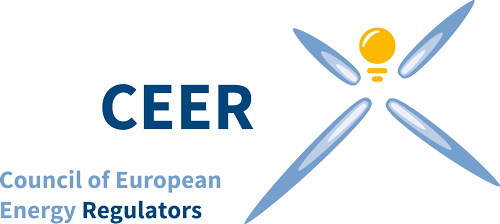COURSE ORGANIZATION
The priority for Europe's energy sector is to decarbonise while maintaining security of supply, affordability for consumers and competitiveness for businesses. For the gas sector, infrastructure planning, legislation and policy need to be updated to facilitate decarbonisation, improve market functioning and maximise the opportunities arising from sector coupling. Energy regulators, while having to deal with the implementation and monitoring the Network Codes in Gas, also face with these new emerging regulatory challenges in the European gas sector.
Designed for:
Level B: Specialised Course
Experts from National Regulatory Authorities with previous experience in gas market regulation who would like to update their knowledge and expertise in order to deal with the continuing and emerging challenges in the European gas markets, including those arising in connection with the development and use of renewable and decarbonised gases. Other experts from European Institutions (ACER, European Commission) are also invited to attend.
Course Structure:
• A series of online classes which give the participants the opportunities to participate in interesting presentations, discussions and exchanges with the trainers and other participants via video conference methods.
• Access to interesting literature review and reading materials on the topics addressed in the course.
• Interesting exercises and course work that participants need to prepare in advance to contribute to the online debates during the online classes.
Online Class 1 on 21 October 2020 - 14:00 - 17:00 (CEST).
Online Class 2 on 22 October 2020 - 14:00 - 17:00 (CEST).
Online Class 3 on 23 October 2020 - 14:00 - 17:00 (CEST).
Programme Overview:
- Explore the future developments of the European gas markets and the role of gas in the European Green Deal.
- Discuss the lessons learnt for the implementation of the Network Codes in gas, the Gas Target Model and case studies on some remaining and emerging issues during the implementation.
- Examine the expected new developments and new regulatory challenges, including infrastructure challenges, cooperation between electricity and gas sectors, regulatory oversight and dynamic regulation to support new activities and technologies.
- Participate in interesting discussions on how to deal with emerging issues in a dynamic gas market through presentation of good regulatory practices and approaches.
Course Director: Mr Benoît Esnault, CRE, Vice-Chair CEER-ACER Gas Working Group
Course Advisor: Ms Margot Loudon, Eurogas Former Deputy Secretary General, Member of CEER Training Academy Advisory Board
